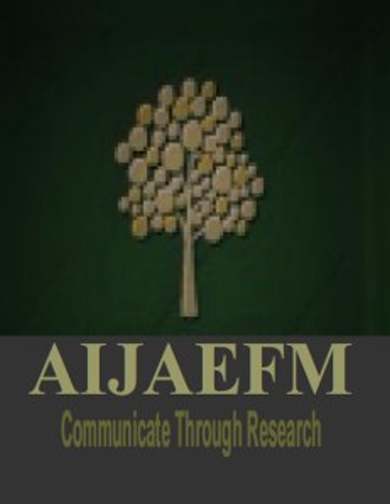Domestic Debt Exposure And Poverty In Nigeria
Keywords:
VECM, Domestic debt, Poverty, Treasury bills, government BondsAbstract
Domestic debt in Nigeria can have both positive and negative impacts on poverty, depending on how it is managed and used. A key factor is whether debt is used to fund productive investments that create jobs and income opportunities, or it is used to fund unsustainable consumption or debt servicing which can hinder economic development and exacerbate poverty. This study investigated the impact of domestic exposure on poverty rate in Nigeria. Secondary data was employed in this study from 1980 to 2024 which were sourced from the Central Bank of Nigeria Statistical Bulletin (2024). The Vector Error Correction Model (VECM), the Johansen cointegration test as well as the ADF unit root test were used for estimation. All the variables were stationary at first difference I(1). The findings of the study revealed that treasury bills, treasury certificate, government bonds, credit to private sector had positive and significant effects on poverty in Nigeria. It was recommended that the government should channel borrowed funds into productive sectors, increase tax revenue to reduce reliance on borrowing, and ensure debt ratios remain sustainable. Additionally, stable macroeconomic policies, investment in agriculture and infrastructure, and good governance are crucial for economic growth which can help reduce poverty in Nigeria.





